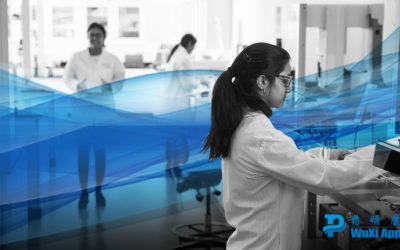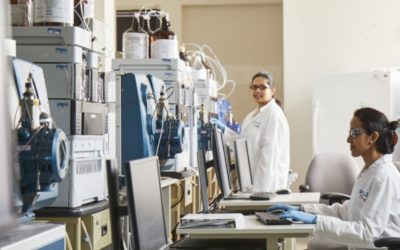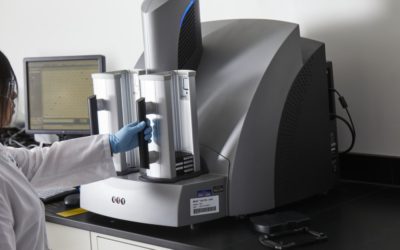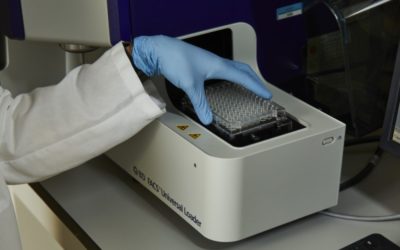Developing biologic solutions is a complex process, and bridging bioanalytical assays from preclinical to phase I clinical trials is a demanding step in advancing your therapeutic. While maneuvering through regulatory requirements and intensive testing, it is easy for...
Immunogenicity
Immunoaffinity Purification using LC-MS/MS: Comparing Two Methods
Protein quantitation by liquid chromatography-tandem mass spectrometry (LC-MS/MS) has become an increasingly popular field for pharmacokinetics study in the drug discovery phase. Traditional method development using a ligand binding assay usually requires 2-3 months....
Webinar: Practical Implications of Recent Changes to Immunogenicity Risk Assessment
Immunogenicity assessment helps drug developers understand the possible immune responses that can occur when humans are exposed to a potential therapeutic protein. Recently, the FDA has updated its guidance for immunogenicity risk assessment for developing and...
Providing Support for Drug Discovery and Non-GLP Bioanalysis
Speed is essential for your in vitro and in vivo screening during drug discovery. Whether you are developing a small or large molecule drug, working with the right bioanalytical team is essential to your success. Look for a partner that provides comprehensive services...
Immunogenicity Assessment for Biologics Development: How to Reduce the Risk of a Clinical Hold
In 2019, the U.S. Food and Drug Administration (FDA) revised its guidance for immunogenicity risk assessment (IRA) of biological therapies. IRA is required to help drug developers and regulatory agencies better understand the potential impact an immune response will...




